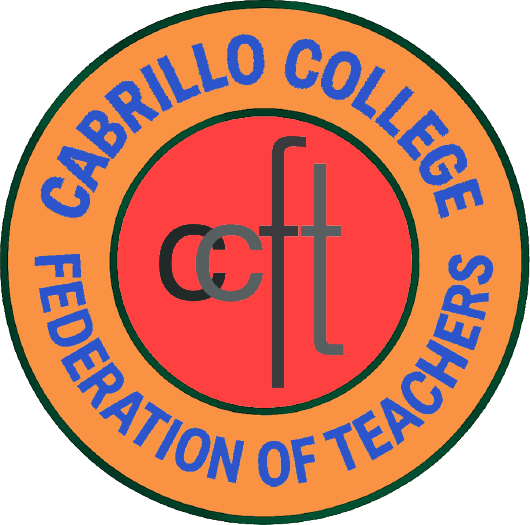Marc A. Thiesson’s recent editorial in Santa Cruz Sentinel attacking public workers and their unions is filled with the blatant misrepresentations that underlie the Janus v American Federation of State, County and Municipal Employees (AFSCME) case before the Supreme Court. The laws in question are about fees collected from both union members and nonmembers to pay for the administrative costs of maintaining collective bargaining.
A Supreme Court decision 40 years ago (Abood v. Detroit Board of Education) determined that since unions represent all employees in contract negotiations, it is appropriate and constitutional for nonmembers to be assessed a fee to cover the costs associated with this representation. It was also determined that nonmembers could not be charged for costs associated with political activities. Today, fair share fees and political fees are separated.
The current case is heavily funded by the right wing State Policy Network (SPN) as part of a systematic union-busting strategy that targets public-sector workers, including teachers, nurses, sanitation workers, park rangers, prison guards, police and firefighters. Other promoters of this effort include the far-right American Legislative Exchange Council (ALEC) and the political advocacy group Americans for Prosperity (AFP), founded by the billionaire Koch brothers. Think tanks and dubious “grassroots” groups have developed well funded campaigns since the 1970s to promote privatization of public services and public schools, and to break unions.
This most recent assault on public unions seeks to destroy the financial base of the unions by claiming that union fees are a violation of First Amendment rights. They argue that each employee should have the right to choose whether or not to pay fees for collective bargaining. Even though these workers benefit from the same negotiated contract for wages, benefits and working conditions. This interpretation of the primacy of the individual right to expression versus the achievement of common good is a core argument in much of the far-right’s agenda to dismantle regulations and provisions that protect and promote public good.
Unions have a long history of representing the collective wisdom and power of working people to join together to protect the livelihoods of working people. The rise of the middle class in America was a direct result of the success of unions to assure fair wages and benefits for union members and in setting the standards for all industries. The business class has fought hard for generations to prevent working people from having a voice or from getting a fair share of profits. This same business class resents the public workers whose union power advocates for strong institutions, like public education, health, safety and emergency response services that guard the public good.
The notion that “free speech” means I don’t have to pay fees that I don’t like is absurd. Will lawyers no longer have to pay to belong to the Bar Association? Should nurses be able to stop paying for licensure if they disagree with some conditions of the profession? Will drivers only pay for a driver’s license if they agree with driving laws or policies? Should taxpayers only pay taxes for those services they agree with?
This case is not about unions “coercing” workers but rather a cynical strategy from the far-right to undermine public workers and break the power of workers to negotiate for fair working conditions. Ultimately the funders behind this case hope to thwart organized support for progressive candidates and legislation, privatize America’s public schools and services and reduce wages and benefits in all sectors. If this case goes against public-sector unions, efforts to achieve economic and social justice will become even more difficult. Americans need the energy and leadership of a strong union movement more than ever.









